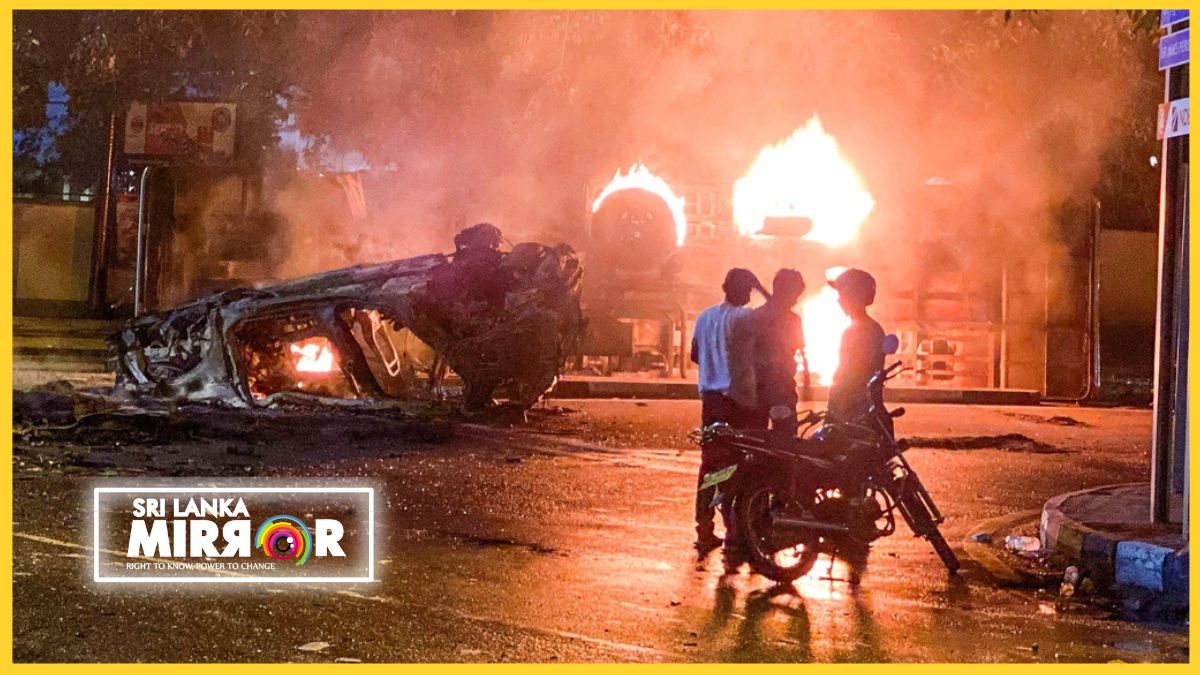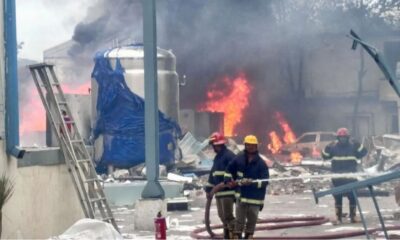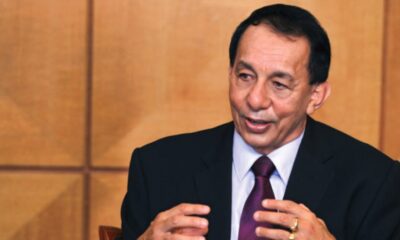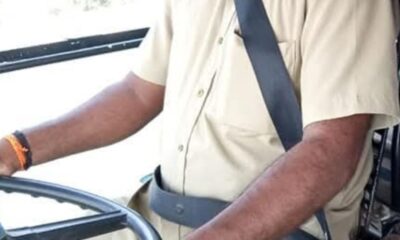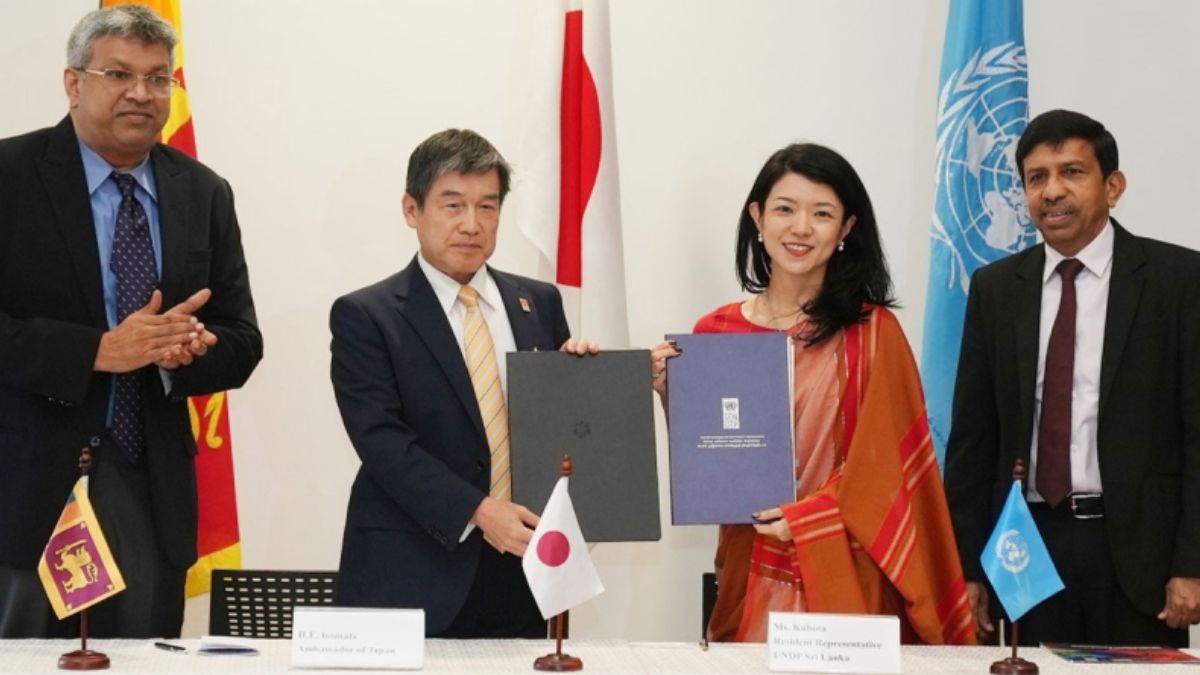The conduct of Acting Chief of Defence Staff (CDS) and then Army Commander Shavendra Silva during the events of March 31 and May 9 last year should be further investigated by a specialised investigating unit such as the Criminal Investigation Department (CID), a Board of Inquiry (BOI) appointed to look into lapses by the armed forces and state intelligence services during this period has recommended.
The three-member BOI comprising Admiral of the Fleet Wasantha Karannagoda, Marshal of the Air Force Roshan Goonetileke and General Daya Ratnayake has concluded that orders and instructions given by then President Gotabaya Rajapaksa as Commander in Chief and subsequent supporting orders given by Defence Secretary Kamal Gunaratne had not been conveyed by General Shavendra Silva to the Field Commanders on time.
Furthermore, no clear instructions had been issued with regard to action to be taken to quell mob violence, which the BOI says amounts to wilful neglect of duty. As a result, the troops on the ground were not able to prevent damage to public property and harm to persons. The report was filed before the Court of Appeal on Thursday. President’s Counsel Uditha Igalahewa, appearing for the three-member BOI, filed the report in the court when a writ petition filed by 22 government MPs representing Sri Lanka Podujana Peramuna (SLPP) was taken up before a two-judge bench comprising Justices Nishshanka Bandula Karunaratne and M.A.R. Marikkar.
The BOI report concludes that violence that took place on the afternoon of May 9 along Galle Road and Galle Face could have been mitigated, if not prevented, if the Secretary of Defence had acted upon an intelligence report which had been hand-delivered to his residence on Sunday, May 8 by the State Intelligence Service (SIS) and the WhatsApp message on the same intelligence on the following morning by the Director SIS with regard to possible clashes/violence at Galle Face on May 9.
The Inspector General of Police (IGP) had acted on the same intelligence report that had been copied to him and deployed the police. However, due to miscommunication and poor assessment of the evolving ground situation, the number of policemen deployed was not sufficient to deal with the situation effectively, the report has noted.
The BOI has observed that the failure to stop protesters (from inside Temple Trees) from reaching the protest site at the Galle Road entrance to Temple Trees and at Galle Face, resulting in violent clashes, was the main reason for the countrywide mayhem that followed.
The Army Commander had informed Field Commanders not to deploy troops until he personally gave the order to do so. By doing so, he had taken the initiative away from ground commanders to take appropriate action to quell mob violence as and when the ground situation demanded, the report states.
The BOI has also concluded that a lack of legal protection afforded to operational troops for lawful actions had resulted in a reluctance to act decisively at a time of necessity. It has recommended that indemnity for lawful actions of servicemen and police whilst performing their duties should be introduced as a matter of priority.
The general belief of widespread corruption and misusing of public funds was the root cause to mobilise people for violent protests, the BOI says.
(sundaytimes.lk)
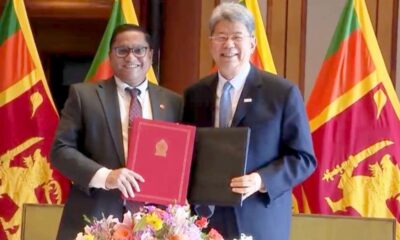
 BIZ2 days ago
BIZ2 days ago
 News3 days ago
News3 days ago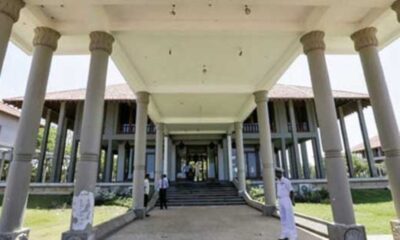
 News3 days ago
News3 days ago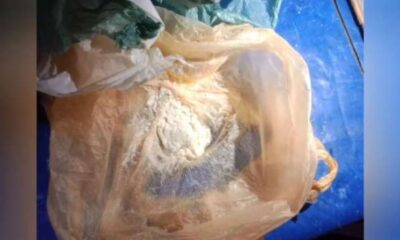
 News1 day ago
News1 day ago
